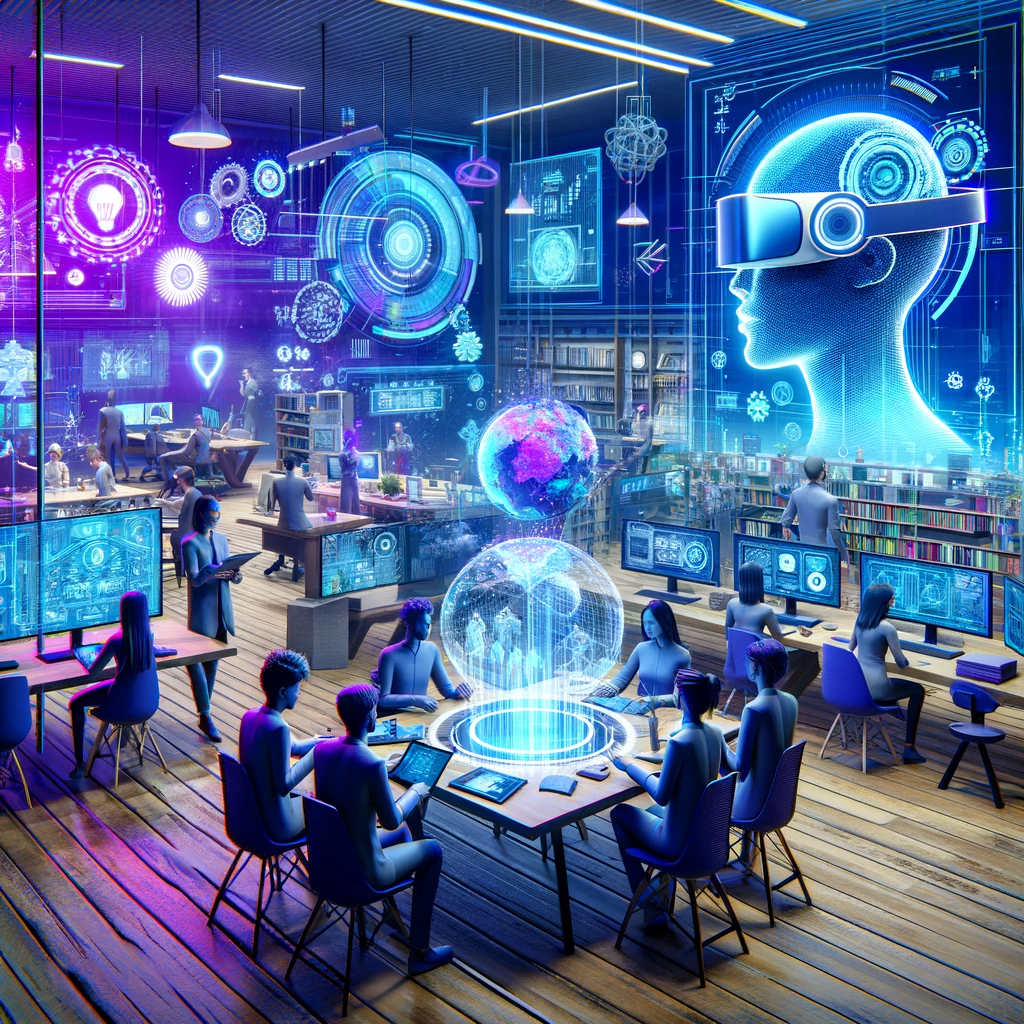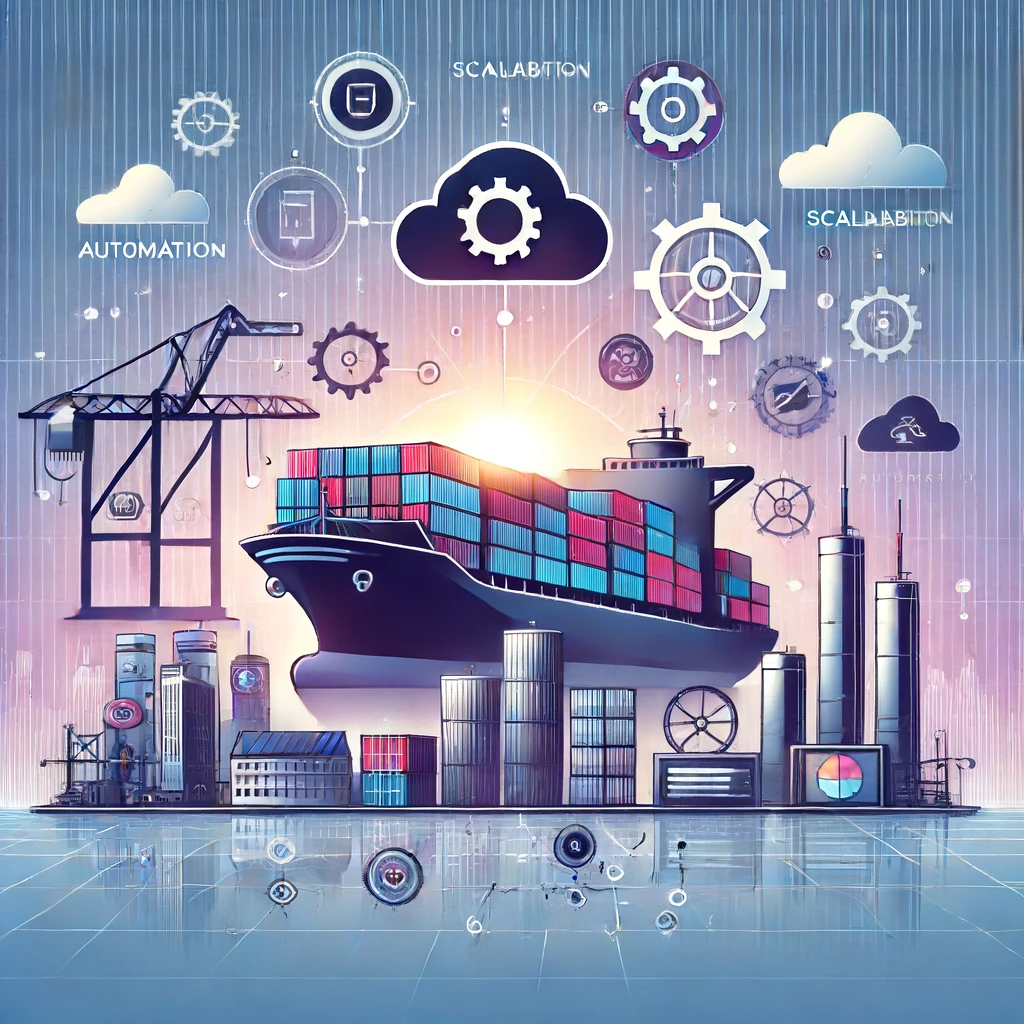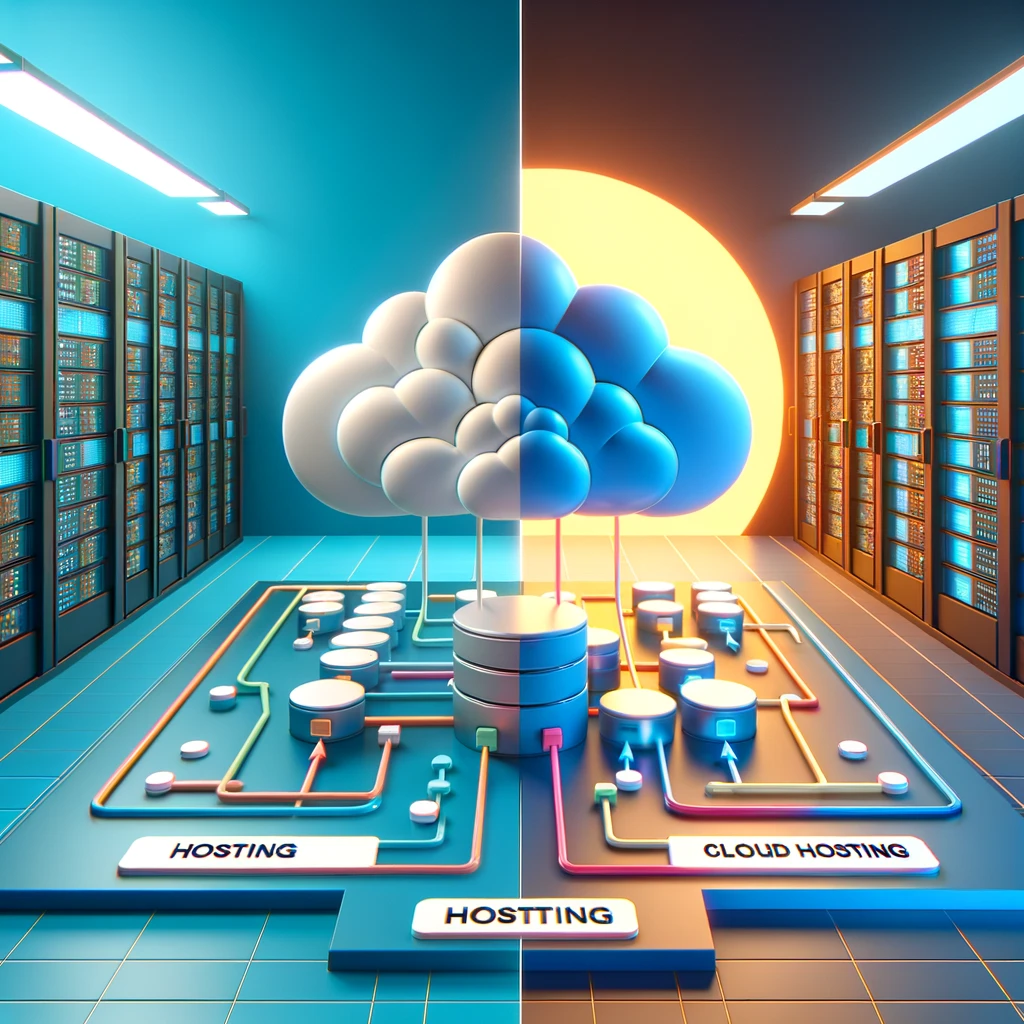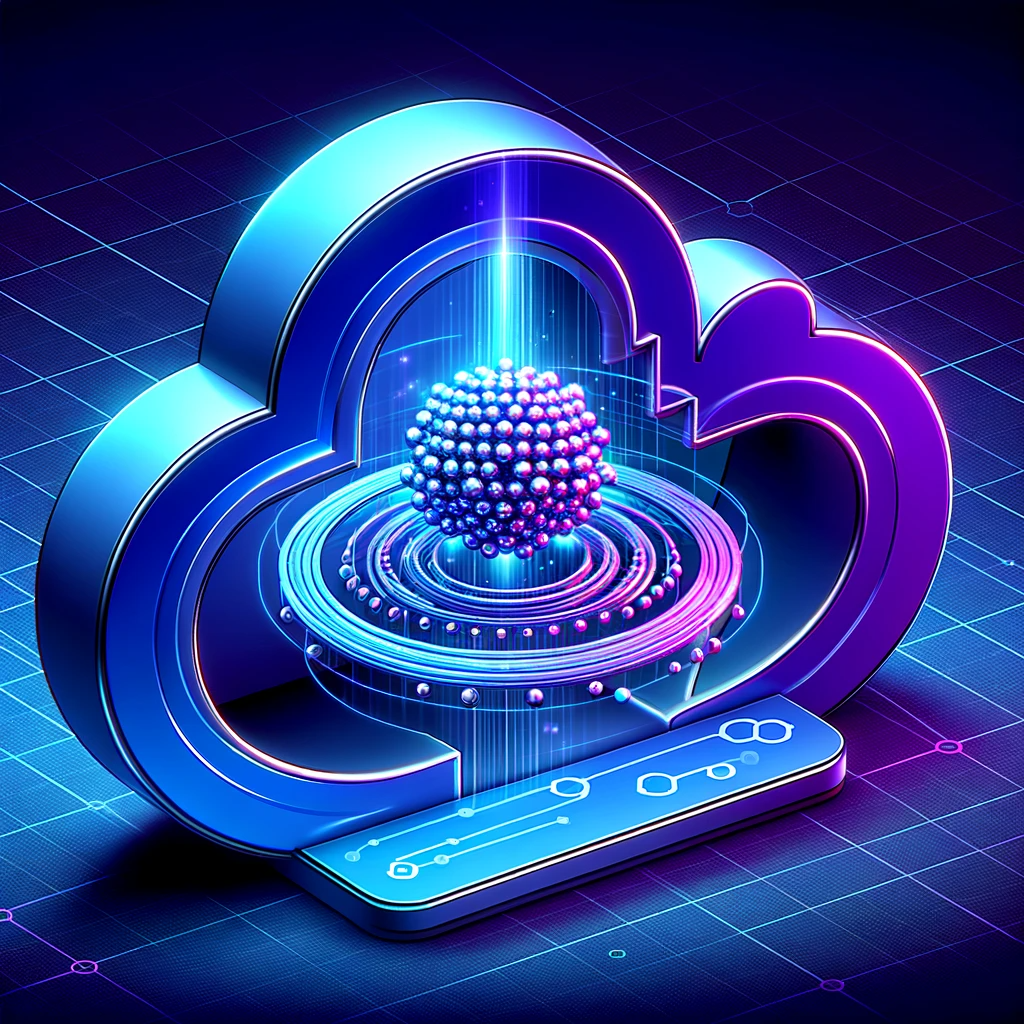Even if you're not a computer expert, you've likely heard of data centers. These are crucial components not only of the internet but also of many other aspects of our digital lives. But what exactly are data centers and what role do they play?
In this article, we will explore these questions.
Definition of Datacenter
A data center, also known as a server farm, is a physical or virtual facility that hosts hardware (such as servers) and software, providing data, information, services, or resources to various clients (software or devices). The term "server," in fact, comes from the English word "servant." In practice, a data center processes client requests and provides them with the necessary information.
Let's think, for example, when we surf the Internet: the browser on our device (the client) sends a request to the web server that hosts the desired site. The server processes this request and transmits the information necessary to display the site on our screen, all within seconds.
Data centers can be connected to large networks such as the Internet or to smaller local networks.
Main types of Datacenters
There are different types of data centers, each with specific functions:
- Web server: hosts the files of one or more websites, making them accessible to clients.
- Mail server: manages sending, receiving, sorting and archiving of emails.
- Proxy server: Acts as an intermediary between clients and other servers, improving security through filters and encryption.
- Game server: Hosts multiplayer online games, managing game data and player interaction.
- File server: common in businesses, centrally stores files making them available to connected devices.

Who Needs Data Centers and Why They Are So Important
Data centers are useful for anyone who needs to offer online services (web, email, streaming) with high uptime. They can be of interest to companies looking to outsource their technology resources, as well as individuals running e-commerce businesses. Even large tech companies, such as the FAANGs (Facebook, Apple, Amazon, Netflix, and Google), have global data centers to ensure redundancy and reduce latency.
Data centers are classified into four levels (tier 1-4) based on the degree of service continuity they offer and are fundamental to many aspects of modern life:
- Internet Infrastructure SupportEvery time we search on Google, watch a video on YouTube, or send an email, we are interacting with a server farm.
- Cloud Computing: Services such as online data storage, cloud-based applications, and web hosting platforms all depend on server farms.
- Big Data and Analytics: Businesses and organizations use server farms to process and analyze huge volumes of data, which helps in business decisions, scientific research, and many other areas.
- Security and Backup: Server farms provide security and backup solutions to protect important data from unexpected events such as hardware failure or natural disasters.
What we find in a Datacenter
- Servers: similar to everyday computers, but designed to operate 24/7/365.
- Rack: cabinets where the servers are housed, usually about 2 meters high.
- Switch/Router: to connect the various devices together and route data traffic.
- Electrical systems: essential to guarantee continuous power to the devices.
- Air conditioning systems: to maintain the optimal temperature and protect the electronic components.

In conclusion
Data centers are a vital element of our modern technology infrastructure. They enable nearly every aspect of the digital world, from cloud computing to social media, from corporate data management to entertainment services. As our society becomes increasingly digitalized, the role of server farms will become increasingly central, emphasizing their importance in modern technology.
.
Still don't know where to start?



